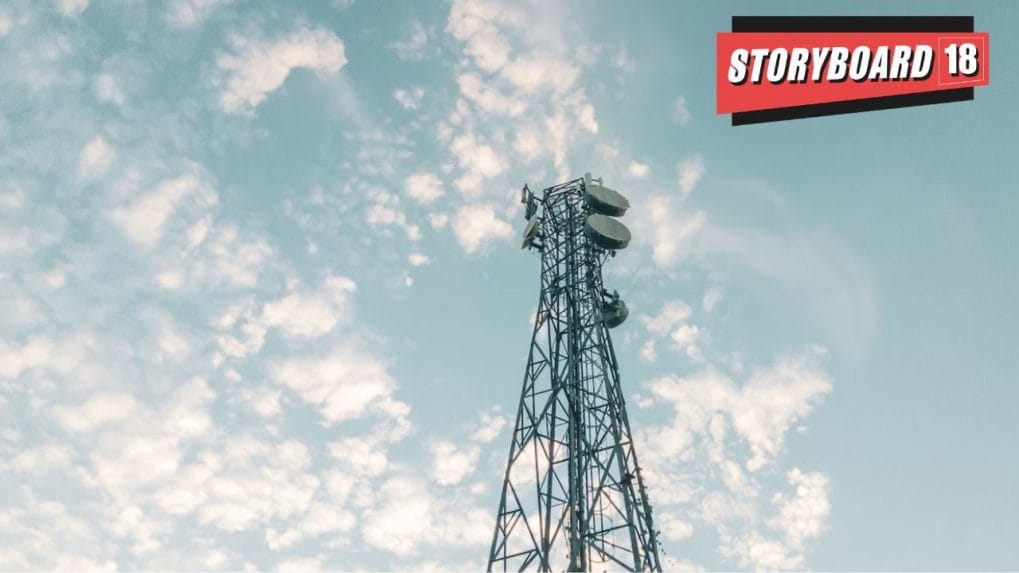Advertising
From Pink Slips to Silent Sidelining: Inside adland’s layoff and anxiety crisis

The Internet and Mobile Association of India (IAMAI) has in its counter comments submitted to the Telecom Regulatory Authority of India (TRAI) on the consultation paper “Regulatory Mechanism for Over-The-Top (OTT) Communication Services, and Selective Banning of OTT Services” said that demands for imposing revenue sharing mechanisms between internet companies and telecom service providers (TSPs) smack of rent-seeking.
IAMAI also flagged demands made by the Cellular Operators Association of India (COAI) and the Indian Council for Research on International Economic Relations (ICRIER). The COAI has called for regulatory intervention to ensure “largest traffic originators” pay a ‘fair share charge’ to telecom companies to account for capital investments made by the latter to “accommodate surging data traffic”. Similarly, ICRIER has called for the imposition of a ‘Broadband Infrastructure Levy’ to be applied at 3% of India operations of “significant” OTT service providers based on “specialized contracts” between service providers and network operators.
According to IAMAI members, by requiring “largest” OTT service providers to pay TSPs for data used by consumers, TSPs would effectively be charging twice for the same service – as they already charge consumers for data. In any case, “surging data traffic” is merely data consumed by consumers that they have already purchased from telecom companies. Therefore, the “strain” on infrastructure of TSPs occurs when they sell data to consumers beyond their infrastructural capacity – a fact that has been conveniently ignored.
Opposing demands to bring OTT service providers under regulations typically reserved for telecom companies, IAMAI highlighted that such demands fail to recognise that telecom service providers are subject to a special regulatory and licensing regime by virtue of the control that they exercise over valuable national resources such as spectrum. Therefore, the introduction of a telecom regulatory regime for OTT service providers would be an act of over-regulation.
Over-the-top service providers have provided high quality content for little-to-no cost to users. This in turn has spurred the rapid growth of data consumption and economic activity in India. Mandating revenue-sharing mechanisms between OTTs and TSPs would effectively reverse this phenomenon by disincentivising growth for OTT based businesses, for whom a volume-based revenue sharing mechanism would be a glass ceiling for continuing growth and may prove to be an entry barrier for startups.
From purpose-driven work and narrative-rich brand films to AI-enabled ideas and creator-led collaborations, the awards reflect the full spectrum of modern creativity.
Read MoreLooking ahead to the close of 2025 and into 2026, Sorrell sees technology platforms as the clear winners. He described them as “nation states in their own right”, with market capitalisations that exceed the GDPs of many countries.